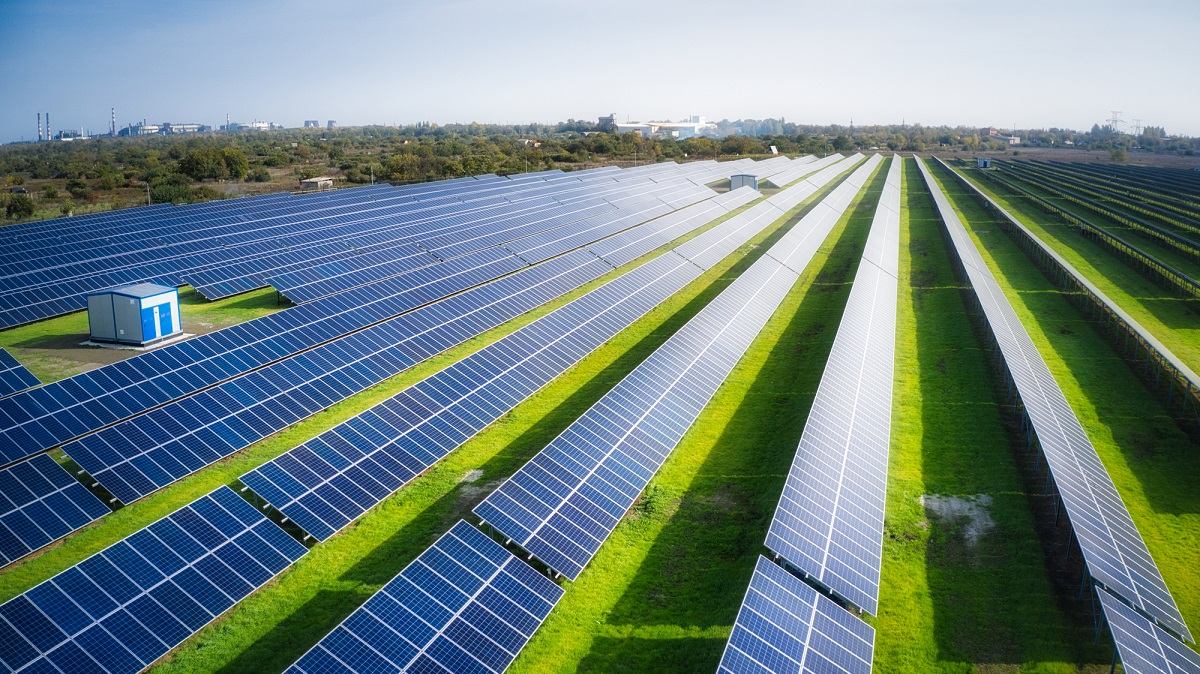The 100 MW Solar Park in Bangladesh marks a significant milestone in the nation’s journey toward renewable energy and sustainable development. Designed to harness the abundant solar potential of the region, this project contributes directly to Bangladesh’s national goal of generating 10% of total electricity from renewable sources.
Developed under the government’s Renewable Energy Policy and supported by private sector innovation, the 100 MW Solar Park demonstrates how public-private partnerships can drive large-scale clean energy transformation.
Project Highlights
-
Project Capacity: 100 Megawatts (MW)
-
Location: [Specify District – e.g., Feni, Mymensingh, or Gaibandha depending on actual site]
-
Type: Utility-Scale Solar Photovoltaic (PV) Power Plant
-
Developer: In collaboration with leading local and international renewable energy firms
-
Technology: High-efficiency solar PV modules with smart inverters and real-time monitoring systems
-
Estimated Annual Generation: Over 150,000 MWh of clean energy
-
Carbon Offset: Approximately 90,000 tons of CO₂ per year
Project Objectives
The 100 MW Solar Park is more than a power generation facility — it’s a symbol of Bangladesh’s commitment to sustainability, innovation, and energy security.
The project aims to:
-
Reduce reliance on fossil fuels and imported energy sources.
-
Support rural electrification and grid stability.
-
Promote job creation and technical skill development in renewable energy.
-
Encourage private investment in green infrastructure.
Engineering Excellence
The solar park spans hundreds of acres of land optimized for maximum solar exposure. Advanced engineering and design techniques ensure high energy output and minimal environmental impact.
Key technical features include:
-
Automated cleaning systems for solar panels to maintain performance.
-
Smart grid integration for real-time energy distribution.
-
Environmentally friendly cable routing and foundation design.
-
SCADA-based centralized monitoring and performance analytics.
Economic and Environmental Impact
This project represents a major step toward energy independence for Bangladesh. The clean electricity generated will power over 100,000 homes, significantly reducing pressure on traditional energy sources.
Economically, it strengthens the renewable sector’s ecosystem — from equipment supply and logistics to operations and maintenance — fostering local industries and employment.
Environmentally, the park contributes to Bangladesh’s climate commitments under the Paris Agreement by cutting thousands of tons of greenhouse gas emissions annually.
Partnership & Implementation
The 100 MW Solar Park is developed through a joint initiative between local and international partners, with guidance from the Bangladesh Power Development Board (BPDB) and the Sustainable and Renewable Energy Development Authority (SREDA).
The collaboration ensures that the project meets international quality, safety, and efficiency standards while building local capacity and expertise in renewable infrastructure.
Future Outlook
The success of the 100 MW Solar Park sets a strong foundation for future renewable energy projects across Bangladesh. The government and private investors are already planning additional solar parks, hybrid renewable solutions, and off-grid power systems to meet the growing energy demand sustainably.
With Bangladesh’s rapid industrial growth and urban expansion, the role of solar energy will continue to grow — ensuring a cleaner, greener, and more resilient energy future.
Conclusion
The 100 MW Solar Park stands as a beacon of progress — blending technology, sustainability, and vision. It reflects how innovation and collaboration can transform the energy landscape, creating long-term environmental and economic benefits for Bangladesh and its people.
At Limra Group and our renewable energy partners, we remain committed to supporting such transformative initiatives that empower communities and preserve the planet for future generations.




No comment